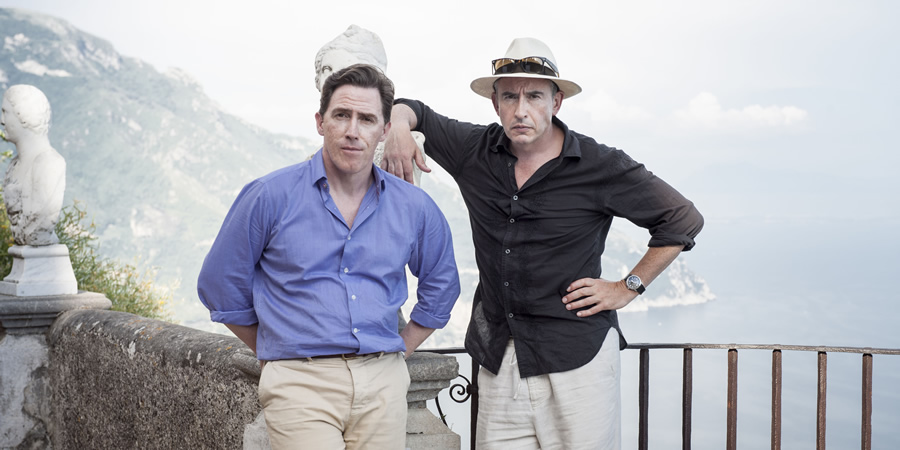Quote: JPM1 @ November 25 2010, 9:34 AM GMTI'd like the fans of this show to be more specific about what they think makes this show good.
So you think it's "Impressive" or "well-observed" or god-forbid "funny" then be specific and say why.
I think it a poor piece of work and here's why:
1) It is dramatically inactive. The characters wants and/or needs are deeply unclear.
2) The relationship between the primary characters is irrelevant to the forward motion of the individuals. Meaning they aren't trying to get anything from one another - they have no dramatic purpose for being in the same room together.
3) Individual events do not add up to anything. The photographer does a line...so what? It never goes anywhere and is irrelevant to the Coogan's journey (what little journey he has) Brydon researches Coleridge...reads his poem.... to what end? It doesn't influence the characters or the audience's understanding of the characters.
4) It's repetitive. This has been mentioned a lot here, not sure it requires further explanation but if some one wants to throw the Beckett/Pinter argument at me privately I'll take it on.
5) The whole food angle is deeply muddy. Why are they reviewing restaurants? What do we learn about them or ourselves from this endeavour? So they know nothing about food - we got that in the first episode now what statement are they trying to make by having us watch them eat (with ignorance) in successive episodes?
I look forward to your responses!
Have you been reading the Playwrights Guidebook by Stuart Spencer by any chance?
On your points:
1) To me this is a reflective piece, both characters are around the traditional mid-life crisis age and are taking stock. Particulary Coogan who is deeply unsatisfied with his life. Coogan clearly 'wants' to be an A-List film star and have Misha and his children love him, as well as the public respect him for something other than Partridge.
2) What they get is competition, perspective and comparison, similar careers, similar age, similar talents etc.
3) Not all stories follow a cause/effect structure. That doesn't make it bad or good.
4) I agree.
5) I doubt they are making any such statement.

